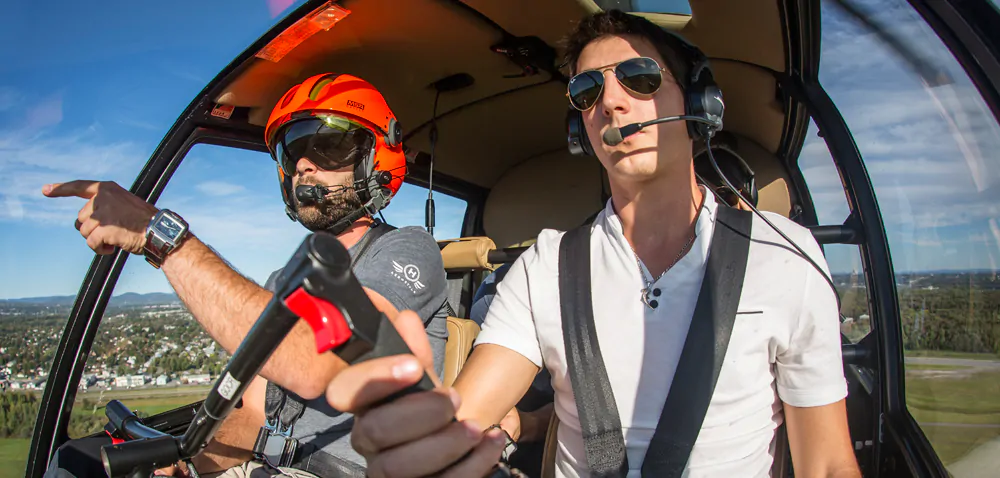The Best Tips To Become A Helicopter Pilot

Helicopter pilots operate in numerous businesses; these may be private or even commercial. You might be considering this job just for fun, or because it is in trend recently, or even to serve your country. However, you should know that a career as a helicopter pilot may be both demanding and rewarding. Let us examine what it takes to become a helicopter pilot and how you can accomplish your dream to become one.
Ø The quick but mandatory tips to become a helicopter pilot!
Helicopter pilots serve private individuals and commercial operations. Pilots may provide transportation services, seek military service, or become flight instructors. But what to do to become a chopper pilot? You need to follow specific criteria! And to earn a pilot authorization, you should first complete a battery of tests. To get a pilot’s license, you must also pass the theory and practical tests, dedicate an adequate number of flight hours, and achieve commendable experience as per the requirements.
o Make an appointment for a medical examination.
You need to apply and pass a medical check before enrolling in a school for pilot training to ensure your overall health will not affect aviation. A physician approved by the (FAA) Federal Aviation Administration will carry out the examination. The team of expert doctors will look for the problems that prevent you from achieving a license, such as:
· Heart issues
· Mental issues
· Addiction to drugs
· Frequent consciousness lapse
· Hearing impairment
· Vision impairments or any kind of eye problems.
o Obtain a degree or enrol in a flying school.
If you want to fly a helicopter for fun, it is OK! But life is not like a movie. Flying a chopper is not what you can do at the drop of a hat upon your whim. You should get a degree from a good helicopter flight school like Hillsboro Aero Academy. They have the experience of producing the best pilots and helicopter riders for years. Most helicopter pilot companies need an intermediate or bachelor’s degree certificate in physics, aerospace engineering, or maths. Some institutions that provide flying majors also help you with the licensing procedure. The curriculum concentrates on what it takes to become a pilot. It includes appropriate flight experience and written and oral exam preparation. You should also try take-off and landing procedures while learning the chopper controls. You will first practise on simulators, then handle a chopper with the aid of an instructor. When the trainer determines that you are competent, independent flights are trusted.
o Obtain financial assistance
If you are interested in becoming a pilot, certain flying schools and firms provide a loan. Some prominent associations may offer opportunities for education, scholarships, and even practical training. If you do not want to go to a private school, you can join the military. It grants training and license in return for the effort and time you dedicate. If you already have a pilot’s license, you can apply for an advanced license that automatically upgrades your posts and qualifications.
o Obtain the necessary permits.
You must get a private license before skipping on to commercial approval. Some pilots aim to be Airline Transport Pilots, the FAA’s highest honors. Practice examinations for all licenses are available on the FAA website. For this, you must be above the legal age to qualify for private authorization, even though a minor can receive a certification. Day and night flying hours, along with the dual and solo excursions, are all necessary for licensing.
Prepare to finish your degree and meet all training requirements once you begin. You must continue to fly to polish your abilities since they will deteriorate if not trained regularly. You must also keep up with the flying procedures, rules, and regulations.





